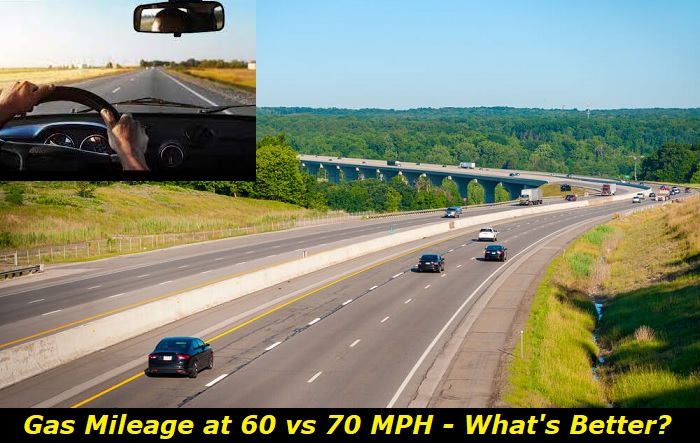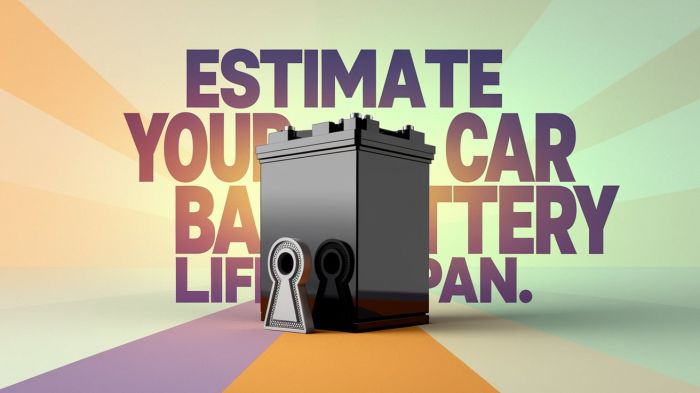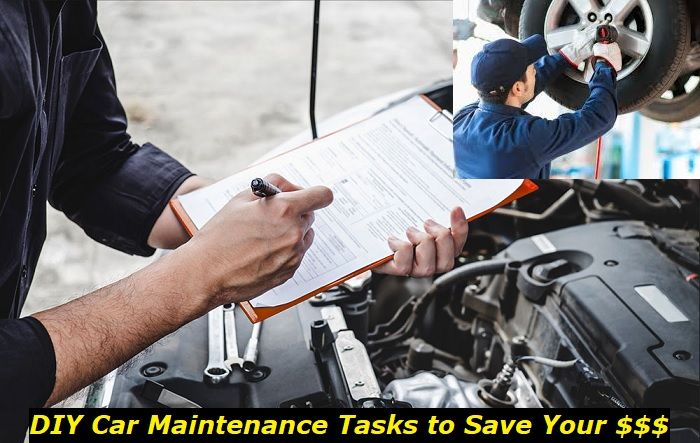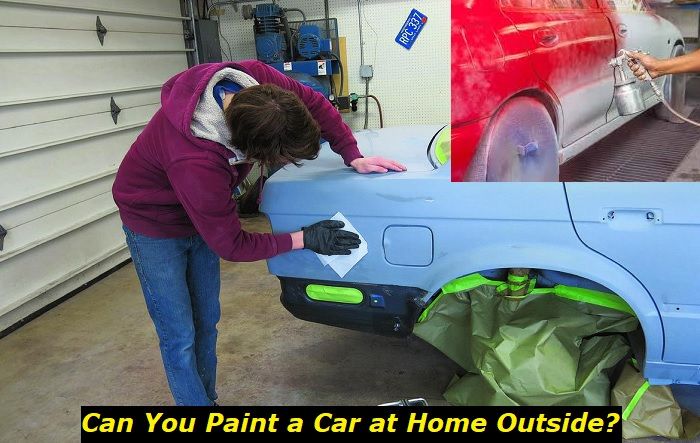Every decision we take behind the steering wheel affects our wallets. I'm not only talking about the situations when we can avoid collisions and save the money we could potentially spend on repairs and compensations. I'm talking about the driving style that defines how much fuel your vehicle consumes when you are driving.
Today, I want to discuss one of the key questions of fuel economy on highways - is it better to drive at 60 or 70 MPH in your car to get the best gas mileage? And the answer to this question is not as simple and clear.
In short, it's always better to drive at a lower RPM for your fuel economy, but to some limit. So, whether you should drive 60 or 70 MPH for the best gas mileage depends on what kind of engine and transmission you have in your car. But in most cases, the optimal speed is even less than 60 MPH.
Let's see what you should know!

What's the best RPM for fuel economy?
It's not exactly correct to talk about a certain speed that is best for fuel economy. We should talk about RPM on the highest gear. And for most gasoline engines, the optimal gas mileage will be achieved when the vehicle is driving in the highest gear and the RPM is between 2100 and 2500 rotations.
But this may be different. For example, if you are driving a 1.0 EcoBoost engine, on the highway, you aren't likely to benefit from rotating the engine to only 2100 RPM. This engine will feel much better at 3000 RPM and the gas mileage will still be acceptable.
While some 5.8L V8 engines will be quite OK at 1800 RPM and their gas mileage will be optimal in this way.
Also, most diesel engines will show much better fuel economy when they are running at 1600-1800 RPM at the highest gear.
But on average, in gasoline engines, you should keep your RPM between 2100 and 2500 and the transmission should be in the last gear to achieve the best gas mileage. It doesn't matter what speed the car develops, what matters is the engine revolutions.
What about the average optimal speed for best gas mileage?
When it comes to speed, I can't say for sure which speed level is optimal for all vehicles to ensure the best gas mileage. But I still can say that most car manufacturers will ensure that 55 MPH is the most economical speed. If you drive your car, SUV, or truck at this speed level and make sure that the transmission is in the highest gear, you will most likely get the best fuel economy.
But this rule doesn't come without exceptions. Bigger engines like V6 or V8 powerplants will have their optimal speed higher and will basically provide you with a wider range of speed with optimal gas consumption. For example, most V8 engines will burn the minimal possible amount of gas at speeds between 55 and 75 MPH. Whenever you go faster, the consumption will steadily grow.
The majority of 4-cylinder engines with a displacement of 1.6 to 2.5 liters will show their optimal gas consumption at speeds between 45 and 65 MPH. But going 45 MPH will most likely engage the second highest gear.
Also, smaller engines that have three cylinders and about 1 liter of displacement will need more rotation to survive, so their best speed for gas mileage and durability sits between 50 and 70 MPH.
You may have noticed that the speed of 60 MPH is optimal for almost all engines. This is the allowed speed on almost all kinds of highways, so car manufacturers set this speed as the most economical one.
It means that whatever vehicle you have, going at the speed of 60 MPH will most likely set it to the most economical mode and will take as little money from your pocket as possible. Although this doesn't apply to all cars on the market, this is true for the vast majority of vehicles.
What can make your gas mileage worse at 60 MPH?
So, we've decided to take for granted that 55-60 MPH is the optimal speed for fuel economy. But you may have noticed that you were going 60 MPH on two different days but you got absolutely different consumption stats. What was wrong? And what affected your mileage so much?
Unfortunately, just keeping a steady speed is not the only factor that may affect fuel consumption.
Here are some factors that can add to the eventual stats:
- loads in your car - if the vehicle has more loads or is towing something, it will consume much more fuel;
- wind direction - just like in aviation, wind direction on the road is important if you are driving against the strong wind, the gas mileage will be reduced dramatically;
- consistent speed - if you have to overtake regularly and just go faster and slower because your right foot is tired, you are not going to see good gas mileage, use cruise control for best results;
- transmission settings - if you are driving in Sport mode, the vehicle will keep on lower gears longer to let you use more torque and power, so the mileage will deteriorate sharply;
- electrical equipment - your AC, radio, lights, and other electrical units also affect gas mileage because they load the alternator that, in turn, loads the engine.
So, if you want to see the best setting for wonderful gas mileage, here it is: the car drives at 55-60 MPH on cruise control, AC is off, windows are up, music is off, lights are off, no passengers, no trailer, no extra loads, the wind is light or blows in the direction of driving, the road is in good condition, the car is in good condition.
You change something in this formula and the gas mileage deteriorates. But keep in mind that this won't work identically well for all types of vehicles and engines.
What else kills fuel economy in your car when driving on highways?
You may have seen overly optimistic EPA estimates for fuel consumption in your car. Car manufacturers also want to show that their technologies are superbly efficient and tell about some unreal gas mileage, especially on highways. So, if the manufacturer says the highway mileage is 35 MPG, in real life, you will get about 30 MPG. Why is that?
First of all, this happens because of the factors that I've already told you about in this article. But also, you can affect the gas mileage with some other decisions.
Here are some examples:
- the gasoline is not appropriate - if your vehicle needs premium gas, never buy regular because it may not only affect mileage but also kill the injection and ignition systems;
- the injection system is failing - clogged or inefficient injectors are very often the culprits of bad gas mileage on highways, check them and have them cleaned regularly;
- valve timing system issues - the majority of modern engines have some kind of VVT system and it can malfunction because of faulty solenoids that need regular cleaning;
- ignition system issues - if your spark plug or coil misses one of four sessions of igniting the fuel, the engine will misfire and lose its efficiency which will obviously affect the gas mileage;
- bad wheel alignment - this one may seem like a weird reason but it's important because on highways your misaligned wheels may brake a little and this will monstrously affect the mileage;
- brake system issues - if one of the wheels brakes a little, you may not feel this in your steering, especially if it's the rear wheel, but the vehicle will feel it and show in the gas mileage stats.
I can continue giving you the ideas like malfunctioning sensors in the engine, faulty software, wrong size of wheels, bad tuning of the ECU, etc. But the only thing you should understand - basically any failure in your vehicle may cause bad gas mileage. It means that it's always very lucrative to keep your car running like new.
If you are observing a garland of warning lights and a novel of error messages on your dash, you shouldn't expect the car to show great gas mileage. Every little failure can lead to bad fuel economy.
Bad hybrid fuel economy on highways - why?
First of all, hybrid vehicles are not as efficient on highways as in city traffic. Some new PHEV cars can even go all-electric and use zero gallons of fuel for days and weeks. But when they go interstate, the small battery pack is not enough for all-electric driving. Also, the battery needs to charge more and more when you drive fast. It means that on highways, a totally fine hybrid vehicle will burn as much fuel as in the city, in an optimistic scenario.
But if gas mileage drops even worse, there may be a problem with the battery pack. When the pack loses its health, it cannot hold the needed charge and its capacity naturally goes down. In this case, you will need to inspect the battery and maybe replace some cells in it. Or even replace the entire battery pack to get your good gas mileage back.
About the authors
The CarAraC research team is composed of seasoned auto mechanics and automotive industry professionals, including individuals with advanced degrees and certifications in their field. Our team members boast prestigious credentials, reflecting their extensive knowledge and skills. These qualifications include: IMI: Institute of the Motor Industry, ASE-Certified Master Automobile Technicians; Coventry University, Graduate of MA in Automotive Journalism; Politecnico di Torino, Italy, MS Automotive Engineering; Ss. Cyril and Methodius University in Skopje, Mechanical University in Skopje; TOC Automotive College; DHA Suffa University, Department of Mechanical Engineering






Add comment